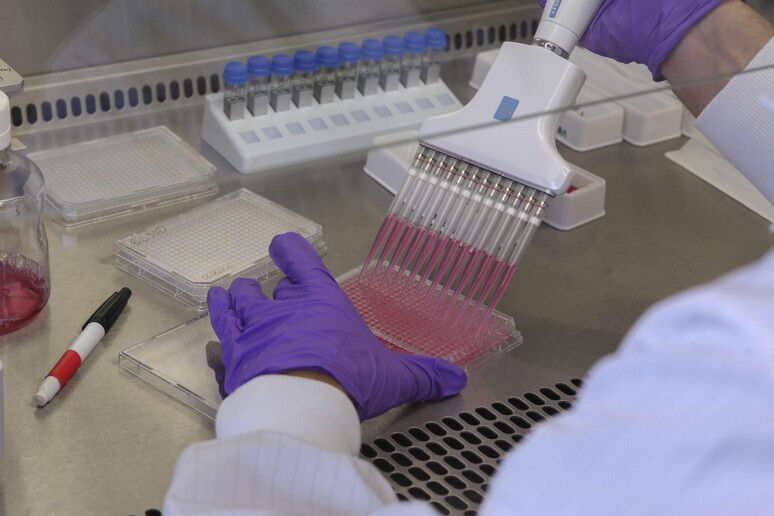An Italian-led Johns Hopkins
University team in the USA has found that there is a third cause
of cancer besides heredity and environment: random mutations due
to errors in DNA replication.
The study, based on data from 32 forms of cancer in 69
countries and published in the journal Science, was led by
Cristian Tomasetti, who has been in the US for 15 years.
The group is the same one that in 2015 established for the
first time the role of chance in the appearance of tumours, but
those initial results were charged with being incomplete (data
on breast and prostate cancer were lacking, for instance).
"Now e have included these data and we have based our
analysis on data from 69 countries, which make up the majority
of the world population," Tomasetti told ANSA.
"The results we obtained are essentially the same," he said,
and "they continue to suggest that there is an important
correlation between the number of stem-cell divisions in an
organ and the risk of cancer".
"What the new data represent, Tomasetti argues, is "a
paradigm change", in the sense that hitherto it was thought that
environmental and hereditary factors caused cancer, plus 60% of
unknown causes.
"Now we can say that random mutations are an important part
of that 60%," Tomasetti said.
ALL RIGHTS RESERVED © Copyright ANSA











